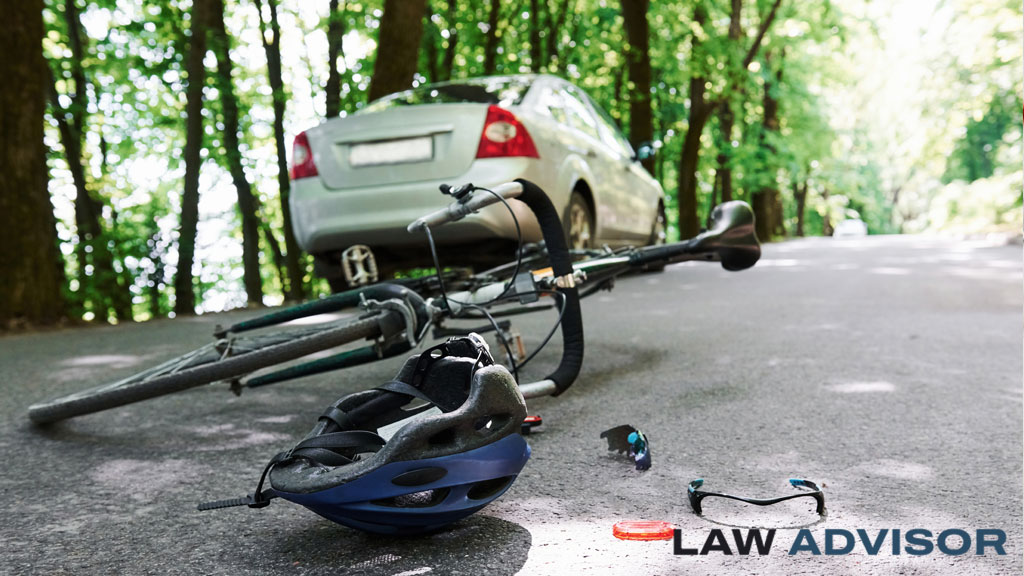Introduction: Know Your Rights Before You Say “Yes”
Whether you’re pulled over during a traffic stop or approached by law enforcement on the street, one question can change everything: “Can I search your car?”
In these moments, knowing your legal rights about police searches isn’t just important—it’s essential. This guide breaks down when police can search you, your home, or your vehicle, and when you can legally say no.
Understanding the Fourth Amendment
The Fourth Amendment of the U.S. Constitution protects you from unreasonable searches and seizures by the government.
✅ It means police generally need a warrant or your consent to perform a search.
However, there are key exceptions—and knowing those can protect your rights and avoid legal trouble.
Types of Police Searches and Your Rights
Let’s break it down by scenario:
1. Can Police Search You Without a Warrant or Consent?
Police can’t search you without a warrant unless an exception applies. Some of the most common exceptions include:
- Consent: If you agree, they can legally search.
- Probable Cause: If police believe a crime is being committed and have facts to support it.
- Plain View Doctrine: If illegal items are visible without a search.
- Search Incident to Arrest: If you’re being arrested, police can search your body and immediate surroundings.
- Exigent Circumstances: In emergencies (e.g., evidence is being destroyed), police may search without a warrant.
🛑 You have the right to say no to a search—politely but firmly—unless a warrant or legal exception applies.
2. Can Police Search Your Vehicle Without Consent?
Police have more flexibility when it comes to vehicles, but they still need a legal reason.
Police can search your car without your permission if:
- They have probable cause (e.g., smell of drugs, visible contraband).
- You’re under arrest and the search is related to the arrest.
- The car is impounded and inventoried.
- There’s a safety concern (e.g., weapon in the car).
✅ You can refuse consent, but always stay calm and cooperative. Say:
“I do not consent to a search.”
3. Can Police Search Your Home Without a Warrant?
The home has the strongest legal protections under the Fourth Amendment.
Police can only enter and search your home:
- With a warrant signed by a judge.
- With your consent.
- In emergency situations (e.g., hearing screams, chasing a suspect).
- If illegal items are in plain view after lawfully entering.
💡 Tip: You can refuse entry if police don’t have a warrant. Just ask them to leave or show the warrant.
4. What Happens If You Say No?
Saying “no” does not mean you’re guilty. It simply protects your rights.
- Police may still search if they have probable cause or a warrant.
- If they search illegally, any evidence found may be excluded in court under the “exclusionary rule.”
📢 Always document interactions when possible and ask if you’re free to go.
What to Say During a Police Stop or Encounter
Here’s what to say to respectfully assert your rights:
🗣️ “Officer, am I being detained or am I free to go?”
🗣️ “I do not consent to any searches.”
🗣️ “I’d like to speak to an attorney.”
✅ Stay calm, don’t argue, and never resist physically—even if you believe your rights are being violated. Let your lawyer handle it later.
Exceptions to the Rules: When Police Can Search Without Asking
| Scenario | Search Allowed? | Why |
|---|---|---|
| You gave consent | ✅ Yes | You voluntarily agreed |
| You were arrested | ✅ Yes | Search incident to arrest |
| Evidence in plain view | ✅ Yes | No warrant needed |
| Exigent circumstances | ✅ Yes | Emergency or threat involved |
| Probable cause (vehicle) | ✅ Yes | Police have factual reason |
What to Do If You Think Your Rights Were Violated
- Don’t resist or argue at the scene.
- Write down everything you remember.
- Get contact info from witnesses, if possible.
- Contact a lawyer as soon as possible.
- File a complaint with the police department or civil rights organization.
Final Thoughts: Know Your Rights, Protect Yourself
Police searches can be intimidating, but knowing your rights can make all the difference. You can refuse a search unless police have a warrant or a valid exception. Stay informed, stay calm, and always act respectfully—but assertively.
✅ Bonus Resource:
Explore more guides in our Criminal Law Section to understand your rights in every situation—from arrest to trial.










